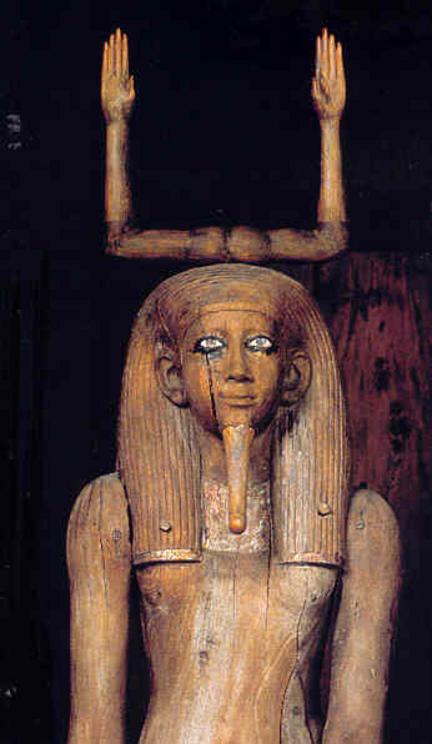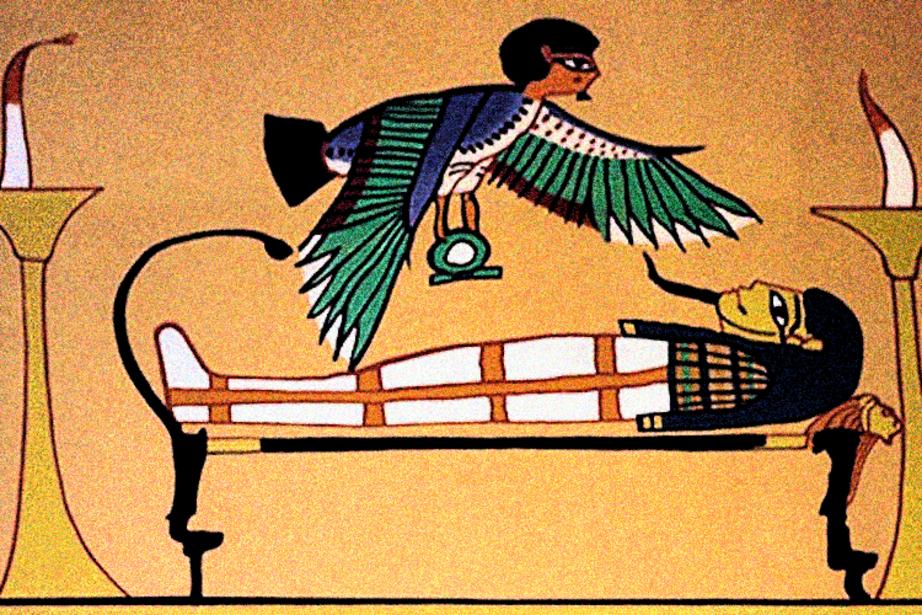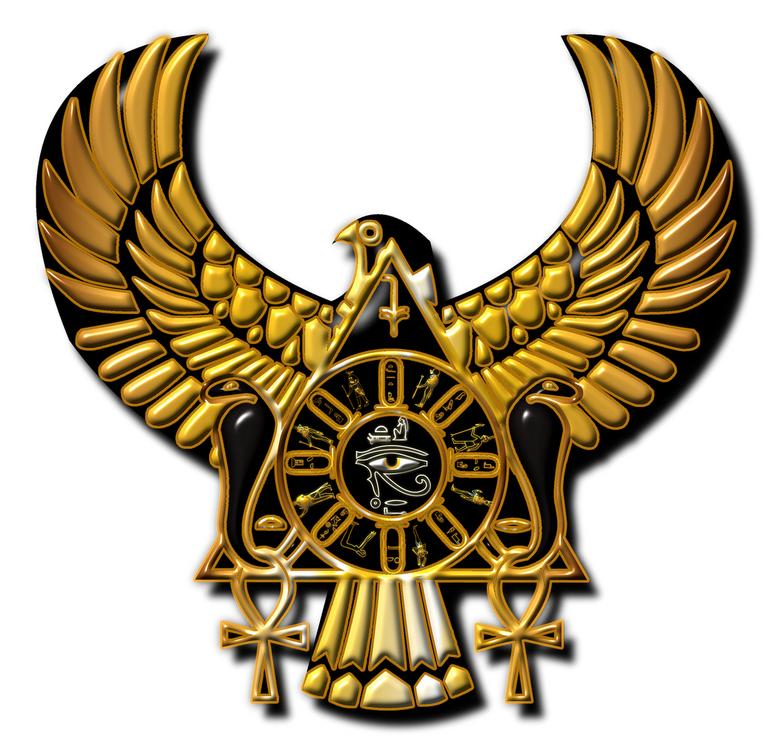Did the Egyptians know how to transfer consciousness from one entity to another?
In the movie 21 Grams, the idea is presented that upon the moment of death, the human body instantaneously loses exactly 21 grams – supposedly the weight of the soul. Though this is not scientifically proven, there seems to be evidence that our consciousness is indeed a transferable entity – and the ancient Egyptians likely knew exactly how to transfer consciousness, or the soul, from one person to another.
There is a similar aim within DARPA and the Shadow Government’s pricey experiments. The merging of humans and machines is already happening whereupon human consciousness is “uploaded” into AI computers. Mind uploading is expected to be in full force by 2045, but has it been done already, long ago?
Before we examine the ancient history of uploading consciousness, let’s look at a few examples in recent Hollywood history which suggest this is already being done.
In the movie, What Dreams May Come staring the late Robin Williams, his character dies and then traverses gleefully through a place that looks just like the paintings his wife used to create when he was still alive. The film pictorially demonstrates that William’s is in his own eternity developed by his “KA” state – a term I’ll explain momentarily. His wife has a similar, negative experience of a seeming hell, based on her experience of suicide. She enters a dreamlike “hallucination” that she cannot escape based on her own “KA” state.
The ancients understood that consciousness separates from the physical body at death. The life we live in physical form is repeated – perhaps over and over again – in the KA state, with all our wisdom, all our ignorance, our mistakes and triumphs, loves’ lost, and friends won.
Janet Cunningham, a researcher of ancient Egyptian rituals, writes:
“There is a growing view that the King’s Chamber of the Great Pyramid was where the highest initiation took place. Brunton (1984), whose experiences in the Great Pyramid confirm some of the esoteric writers (Hall, Leadbeater, and Haich), says that in the beginning there is terror, uncertainty, wandering and darkness. This terror was described to me by a client who had prayed for two years to have an out-of-body experience; when it actually occurred, it was uncontrolled and horrific to her (Cunningham, 1997).
According to Brunton, that experience is followed by a miraculous and divine light. Again and again, in the Egyptian Book of the Dead (Faulkner, 1994), one reads, I go to Osiris. I am One with Osiris; I am Osiris. This gives support to the theory of guiding the initiate to become a god living eternally with the gods. It becomes evident that, if one views these writings as guidance for the initiate as well as guidance for the deceased after death, the reader is encouraged to become One with the resurrected god, Osiris.”
Among many theories of the purposes of the pyramids, there are those who suggest that these structures acted as a means to transfer “KA” from one pharaoh or king to another as they passed from earthly form. The Egyptians described the soul and the spirit as two separate entities, the BA, and KA, respectively. The BA, or soul, never dies, but simply reincarnates so that it can reach higher levels of conscious evolution. The Egyptians sometimes depicted the BA as a human head with bird’s wings.
The KA is the part of consciousness which stays here on planet earth. It was represented in hieroglyphs as two up-stretched arms reaching toward the sky. The KA, or spirit, is the part of us which can roam illusory creations of the mind such as we witnessed in What Dreams May Come.

The Egyptians also understood, however, that the KA and BA were very significantly intertwined. There were specific practices which were carried out based on their understanding of the physical and non-physical realms of space and time.
KA, according to the ancient Egyptians, included all genetic material and cellular memories from parents and ancestors. That genetic “residue” of their genetic and epigenetic experience helped to form us. This is why homage was paid to ancestors – as they were though to exist in a very real way in our present form. With the right awareness, we are also able to tap into their reserves of knowledge and wisdom.
Another reason that Pharaoh’s tombs were packed with jewels, food, and other personal items was because the Egyptians believed that the KA would carry physical objects acquired in one life along to the next life, as long as they are still in existence in that time. This is also why it is believed that psychics can hold an article of clothing or a personal item of someone to understand more about them without ever having met them. They are simply picking up on traces of KA energy.

The KA and BA needed to be transferred in an unbroken manner at death in order for one King to receive the wisdom of the previous King. The practice of mummification is part of this process. The Egyptians believed that the KA could be preserved if the decay of the body was slowed.
Moreover, the ancients would attempt to stop the BA from falling back into reincarnation, and the KA from reliving a fantasy based on their former state(s) of consciousness. The KA had to be “grounded” and preserved so that an ethereal link between BA and KA was not severed. If this was successfully accomplished, one would become an etheric shaman, capable of directing one’s soul and spirit in a conscious way.
If this sounds strangely like a new tech start-up that wants to transfer your consciousness into an artificial body so that you can live forever, that’s because the technology is no sci-fi fantasy, but more likely a reality. Are modern-day techies simply the wanna-be pharaonic priests of ancient ages? One thing is for certain, the quest for immortality is as old as human history itself.

